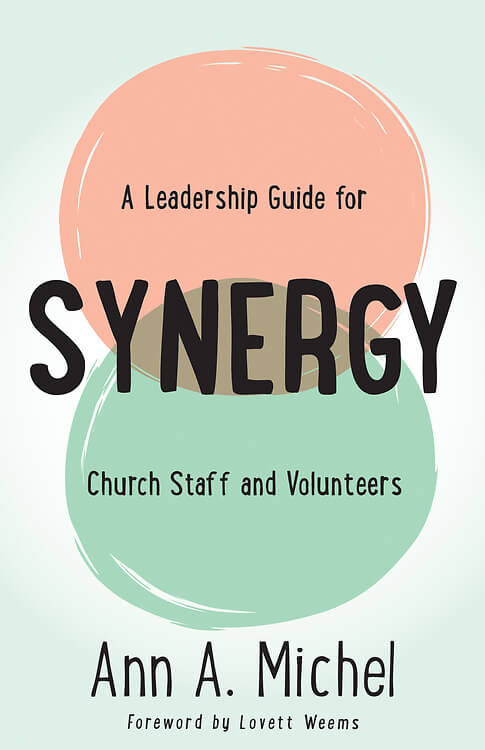When confronted with a difficult person, do you try to work around them or just complain behind their back? Lewis Center staffer Ann Michel says effective leaders find ways to collaborate with problematic people if their support and help are crucial to their objectives.
You know who I’m talking about. The church matriarch who is always questioning your ideas. The finance chair who won’t share budget information. The office administrator who always says “No” to building use requests. All of us have to deal with our share of difficult people.
I see many church leaders respond to this type of situation in unproductive ways. The first instinct is often to simply avoid or work around an obstreperous individual. But if the resistance continues, it’s tempting to start talking down — even vilifying — the person. While complaining about a difficult person behind his or her back may be cathartic, it doesn’t advance the ball a bit. And, in personalizing the dispute, you may make an enemy of someone whose help and support you really need.
Talk to people instead of about them
These types of responses are a form of behavior that system theorists call triangulation. Triangulation is a common communication pattern in which one party in a dispute won’t communicate directly with the other but instead communicates with a third party or parties. It is a normal mechanism for covering over differences and minimizing the anxiety that comes with conflict. But it also explains why conflicts can spread so quickly and why issues can get so muddy and murky.
Triangulating a troublesome individual all but guarantees that the real problem won’t be addressed. Ultimately, the only remedy is to step away from the pattern of talking about someone with whom you have a problem and instead deal directly with them.
Could that difficult person become your new best friend?
When confronted with a particularly challenging person, I’ve taught myself to think of that person as “my new best friend.” Rather than avoiding them, I invest extra energy in working to bring the person around. It’s far better to channel energy into trying to work with a difficult person and stay on “my friend’s” good side than to let things devolve into an unproductive personality dispute, especially if the person is a key stakeholder or has the power to block your progress.
Keep your eye on the prize
If you find yourself in a situation where you think you need to be fighting a battle, scoring points, or ousting somehow who doesn’t see things the way you do, it’s time for a reality check. Other members of your congregation or your team will take their clues from how a leader deals with a difficult person. Make sure that your actions and attitudes communicate that it’s more important to stay focused on the mission than to wallow in a personality dispute.
Some troublesome individuals may be truly dysfunctional. But most are not. They are simply operating from a different playbook. Learning to collaborate with them may take time. But it is often time well spent, particularly if their support is crucial. And, in the long term, this strategy will gain you the respect of those on both sides of a difference.
 Related Resources
Related Resources
- Synergy: A Leadership Guide for Church Staff and Volunteers (Abingdon Press, 2017) by Ann A. Michel
- Deal with People by Lovett H. Weems, Jr.
- Difficult Conversations by Olu Brown
If you would like to share this article in your newsletter or other publication, please review our reprint guidelines.






